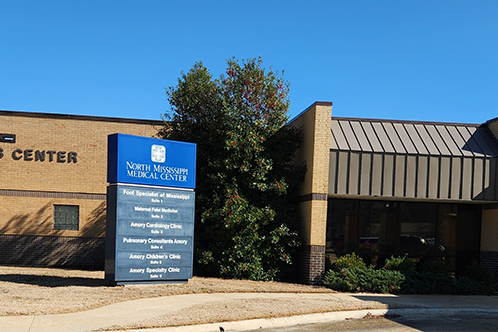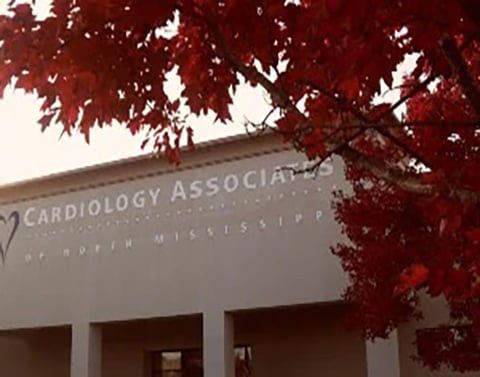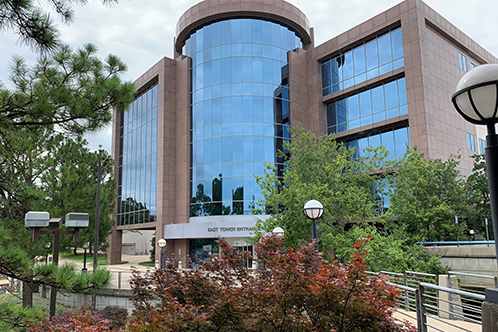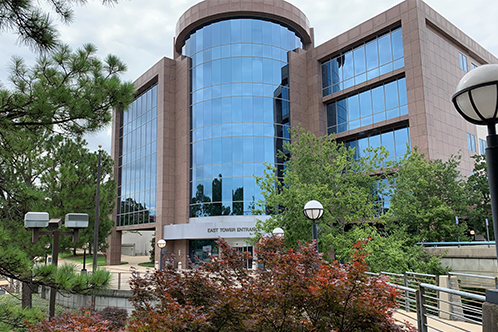- Medical Services
- Heart and Vascular Care
- Specialties & Services
- Cardiology
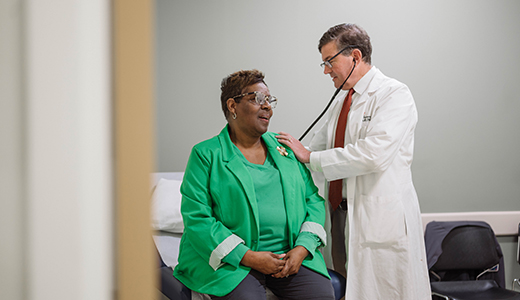
Cardiology
NMMC cardiologists diagnose and treat the plumbing system of your heart, which can get clogged over time.
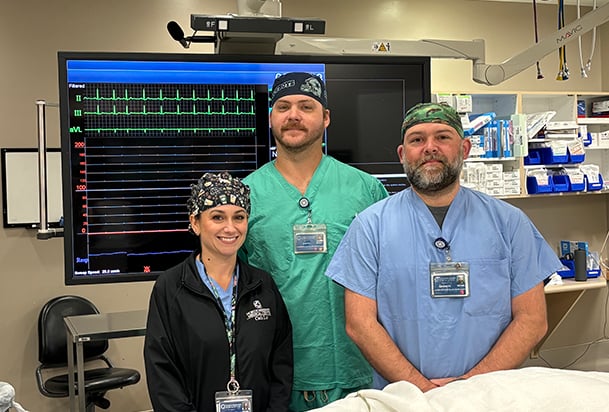
Your Heart is in the Right Place
Board-certified cardiologists are available around-the-clock for life-threatening emergencies. In fact, we were instrumental in developing Mississippi’s award-winning Heart Attack System of Care.
Specialties & Services
As one of the largest cardiology programs in Mississippi, NMMC offers the most advanced diagnostic and treatment options.
Chest Pain Center
Equipped with the latest technology, cardiologists with North Mississippi Medical Center-Tupelo's Chest Pain Center can determine if you already suffered a heart attack, are in danger of a heart attack, or if your chest pain is not heart-related.
The Chest Pain Center works like this:
You come to the Emergency Department at NMMC-Tupelo or another hospital, where a physician examines you. You have blood tests and an EKG, a test that records your heart's electrical activity through 10 small electrode patches attached to the skin of your chest, arms and legs. If your EKG is abnormal, indicating poor blood flow to the heart, the physician admits you to the hospital for heart attack care.
If your EKG and lab tests are normal, you are no longer having chest pain or have a low risk for heart problems, the on-call cardiologist sends you to the Chest Pain Center for observation. If the issue is heart-related, cardiologists and nurse practitioners may be able to prevent a heart attack. If, however, heart disease is ruled out, you are discharged from the hospital and referred to your primary care provider to find the reason behind the pain.
Patients usually spend less than 12 hours in the Chest Pain Center, which allows adequate time for observation without the expense of a hospital admission.
Related Locations
Related Resources
View AllState-of-the-art cardiac care only matters if we know the state of your heart. Request a screening online or call 1-800-843-3375.
